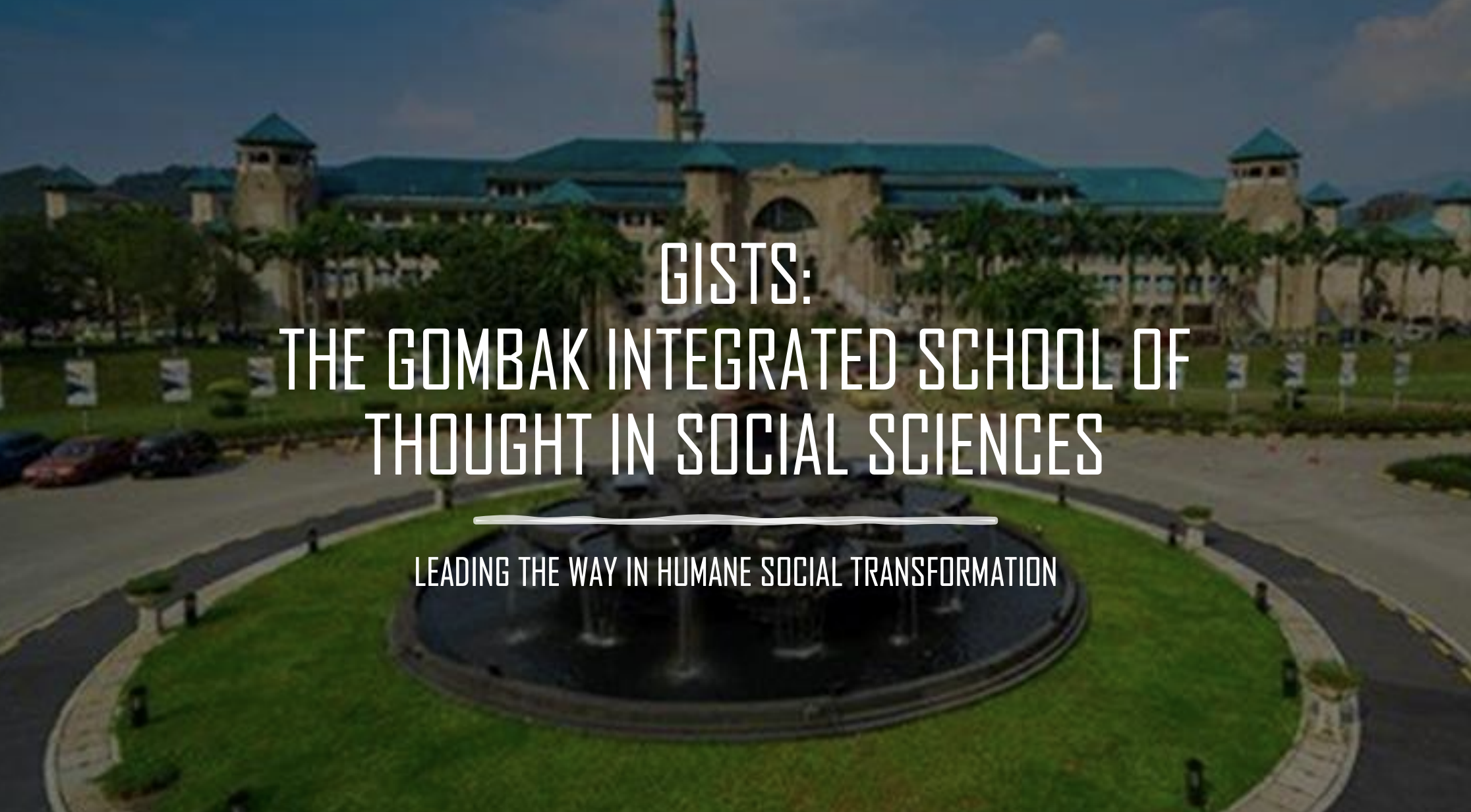By Hazizan Md Noon
As an academic in the International Islamic University Malaysia (IIUM) who has served since 1984, I have been primarily teaching besides performing other obligations like doing research, publishing, presenting papers at conferences and so on. For some years, I also held academic administrative positions including Dean of Kulliyyah of Islamic Revealed Knowledge and Human Sciences (KIRKHS), Director of Centre for Islamisation (CENTRIS), and Deputy Dean of the IIUM Research Centre. As the Dean of the Kulliyyah, I initiated, among other things, the systematization of the facultys mission, which could thereafter be summarized as double ‘I’ and double ‘R’, meaning Integration, Islamization, Relevantization, and Research and Innovation in Islamic Revealed Knowledge and Human Sciences.
As the Director of CENTRIS, I was also involved in the formulation of the Universitys yearly Key Result Area (KRA) Projects and Third Strategy Plan for the Islamisation domain. In performing our duties, we were fortunate to have the late Professor Emeritus Tan Sri Dr Mohd Kamal Hassan, former Rector of the IIUM, as CENTRIS concerned and committed Advisor guiding us. Among others, we managed to develop and publish IIUM Policies and Guidelines for Islamisation, the official Islamisation policy for IIUM, and include in the Strategic Plan a long-term initiative to establish an IIUM school of social sciences.
For more than ten years, primarily through the Islamisation of Knowledge and Islamic Perspective of Sociology subjects and discourses, I have concentrated on comprehending Islam in relation to various socio-cultural issues and realities. Against this backdrop, there is the necessity for the university to develop her own school of thought in the social sciences, hence this should be regarded as the next focus in the Islamisation of knowledge agenda. This could be rolled out by starting a social sciences school in Gombak, an idea which has received favourable responses and support from the University which is ready to launch it in conjunction with her 40th anniversary.
The Gombak School is a project with remarkable merits, championed by AbdulHamid AbuSulayman Kulliyyah of Islamic Revealed Knowledge and Human Sciences (AHAS KIRKHS) with the Department of Sociology and Anthropology being its anchor. Other social science departments within and outside the Kulliyyah will join and be part of the school according to the scheduled progress plan. The tentative concept of the proposed Gombak School consists of a number of pertinent fundamentals.
The Gombak School, also known as the Gombak Integrated School of Thought in Social Sciences (GISTS), is the name given to a group of contemporary social scientists who are associated with the IIUM in Gombak, Malaysia. It serves as a sort of working platform for social scientists at the university, allowing them to collaborate on projects using shared ideas, theories, and concepts in the social sciences that are based on an Islamic worldview and epistemology. Future applicants to this school who share the same philosophy, attitude and ideals as IIUM’s social scientists may do so from Malaysia and elsewhere.
GISTS is Islamically-oriented and aims to integrate religious and societal knowledge in a holistic and comprehensive manner. The practical aims of GISTS are to produce knowledge that is relevant to the contemporary Muslim world, as well as to contribute to the dialogue between Islam and other civilisations.
GISTS is progressive and rational but grounded in the Quran and Sunnah, as it respects the authority and authenticity of the primary sources of Islam. Therefore, GISTS advocates for a wider practice of ijtihad, or independent reasoning, to derive solutions that are suitable for the changing times and contexts. For this reason, GISTS is guided by an integrated epistemological framework that combines revelation, reason, experience, and intuition in analyzing and addressing contemporary issues and problems. In this context, GISTS considers both tradition and modernity, as it acknowledges the richness and diversity of the Islamic intellectual heritage, as well as the challenges and opportunities of the contemporary world.
GISTS aspires to be research and innovation-based, as it strives to produce original and relevant contributions to the advancement of social sciences. Thus, GISTS employs interdisciplinary approach to Islamic studies, combining traditional sources with modern methods and perspectives.
For the purpose of its establishment and expansion, GISTS will go through a series of development phases. The three initial stages in its first three-year phase would be focusing on development of working framework and conceptualisation activities. At this end, the consolidation of ideas and thoughts pertaining to what constitutes an Islamic school of thought in social sciences would be done, first, at the Department of Sociology and Anthropology (Year One), followed by other social/human sciences departments within AHAS KIRKHS (Year Two) and other social science departments in the University (Year Three). Institutionalisation of the school as a reputable entity with its own paradigm, identity and branding is visualized to continue thereafter.
Since the idea is still at its infancy, it is premature to conceive a comprehensive concept of GISTS before it undergoes the planned stages of progress where ideas, views, opinions and thoughts are discussed, debated, digested and consolidated. Only after all this is done, can we confidently come up with a more well-grounded description of what we mean by GISTS. ***
(Dr. Hazizan Md Noon is a Professor at the Department of Sociology and Anthropology, AbdulHamid AbuSulayman Kulliyyah of Islamic Revealed Knowledge and Human Sciences, IIUM)

- Islamic University VC Engages with IIUM Community on Integrating Shariah Law into Bangladesh’s Legal System - January 28, 2026
- SISCO Launches Certified Course on Visionary Leadership and Community Engagement at IIUM - January 28, 2026
- Memorandum of Understanding (MoU) Signing Ceremony between IIUM and Aafiyat Holdings Sdn. Bhd - January 28, 2026
